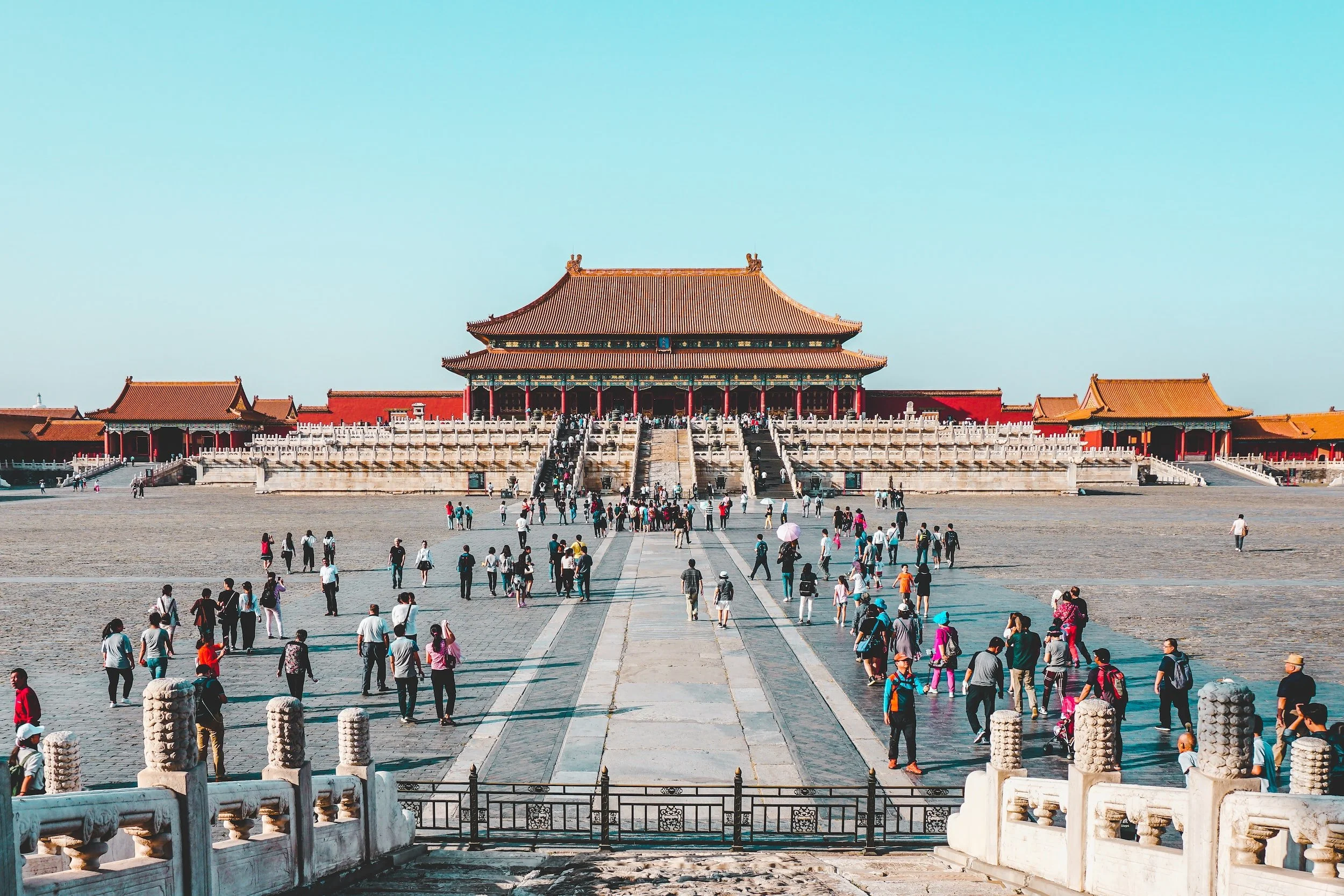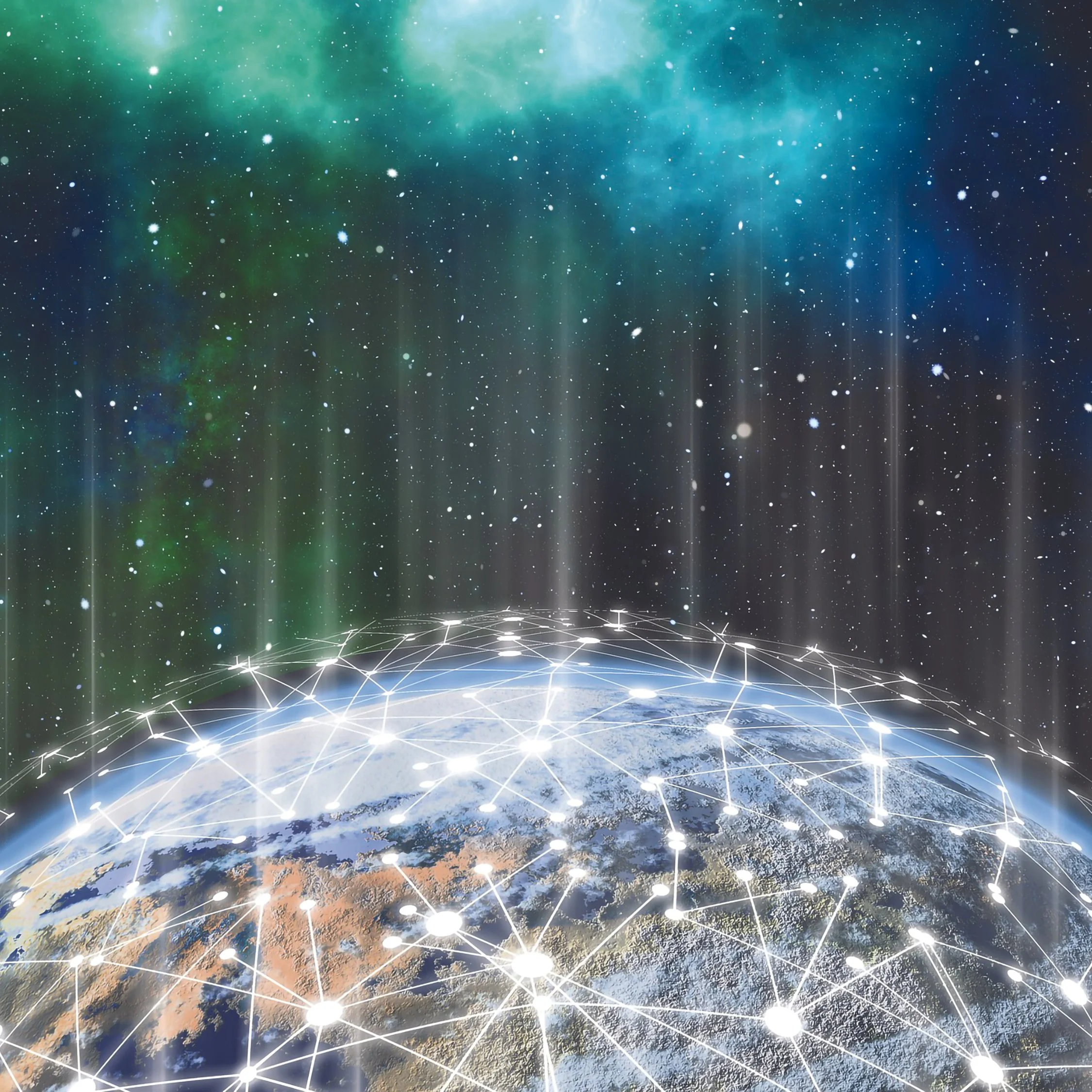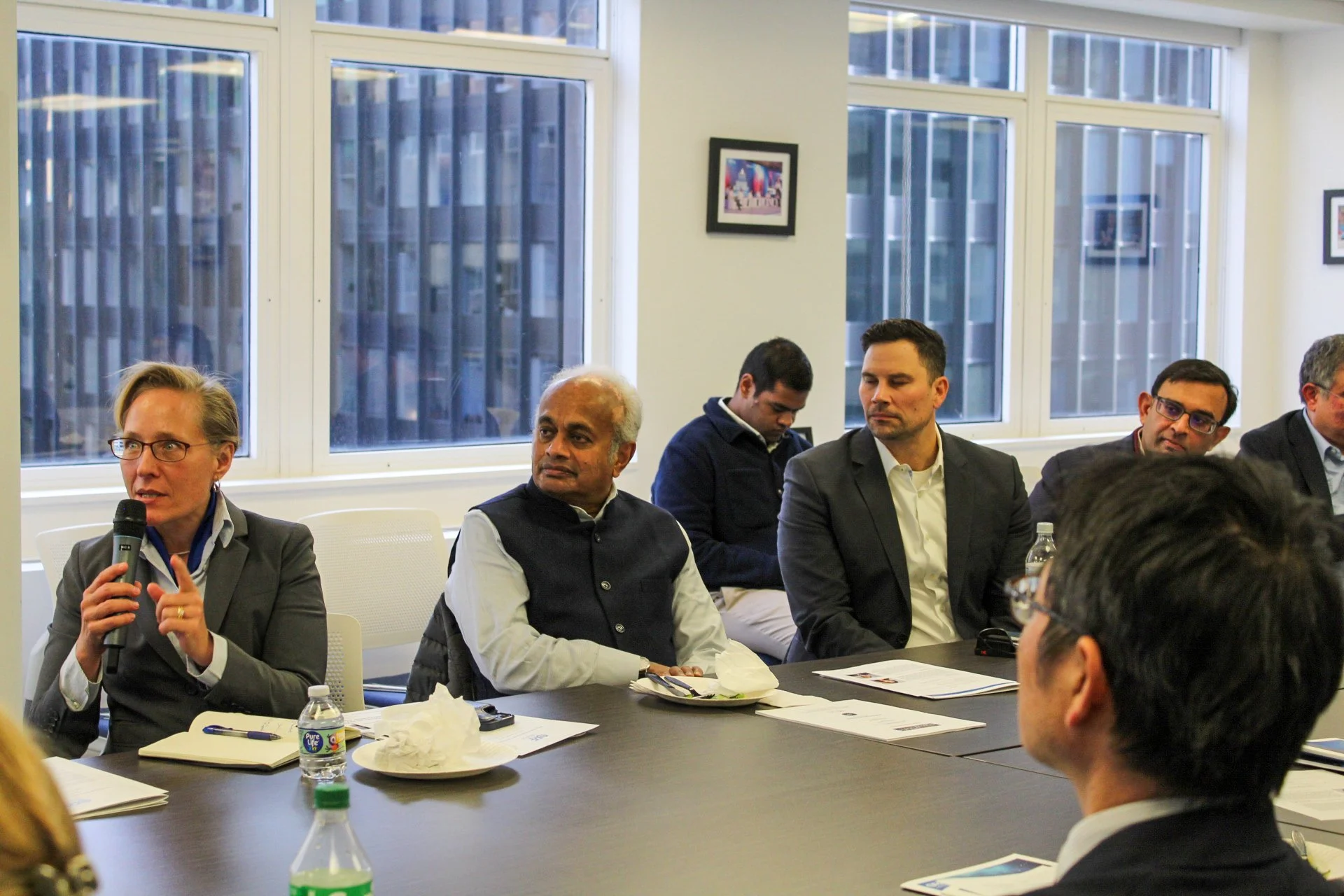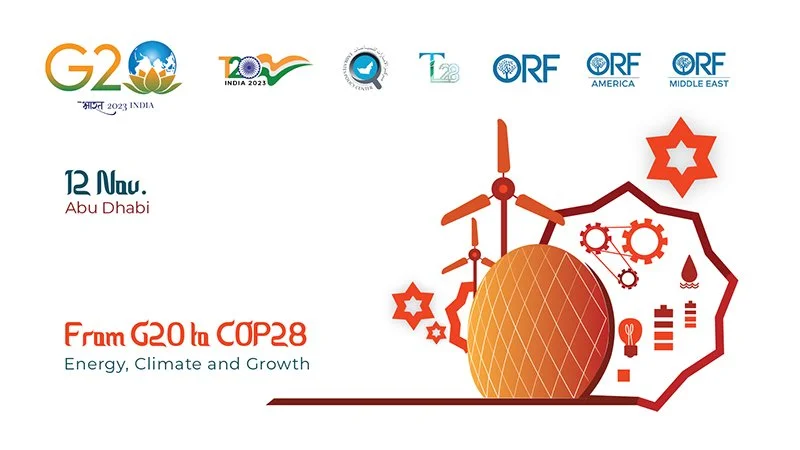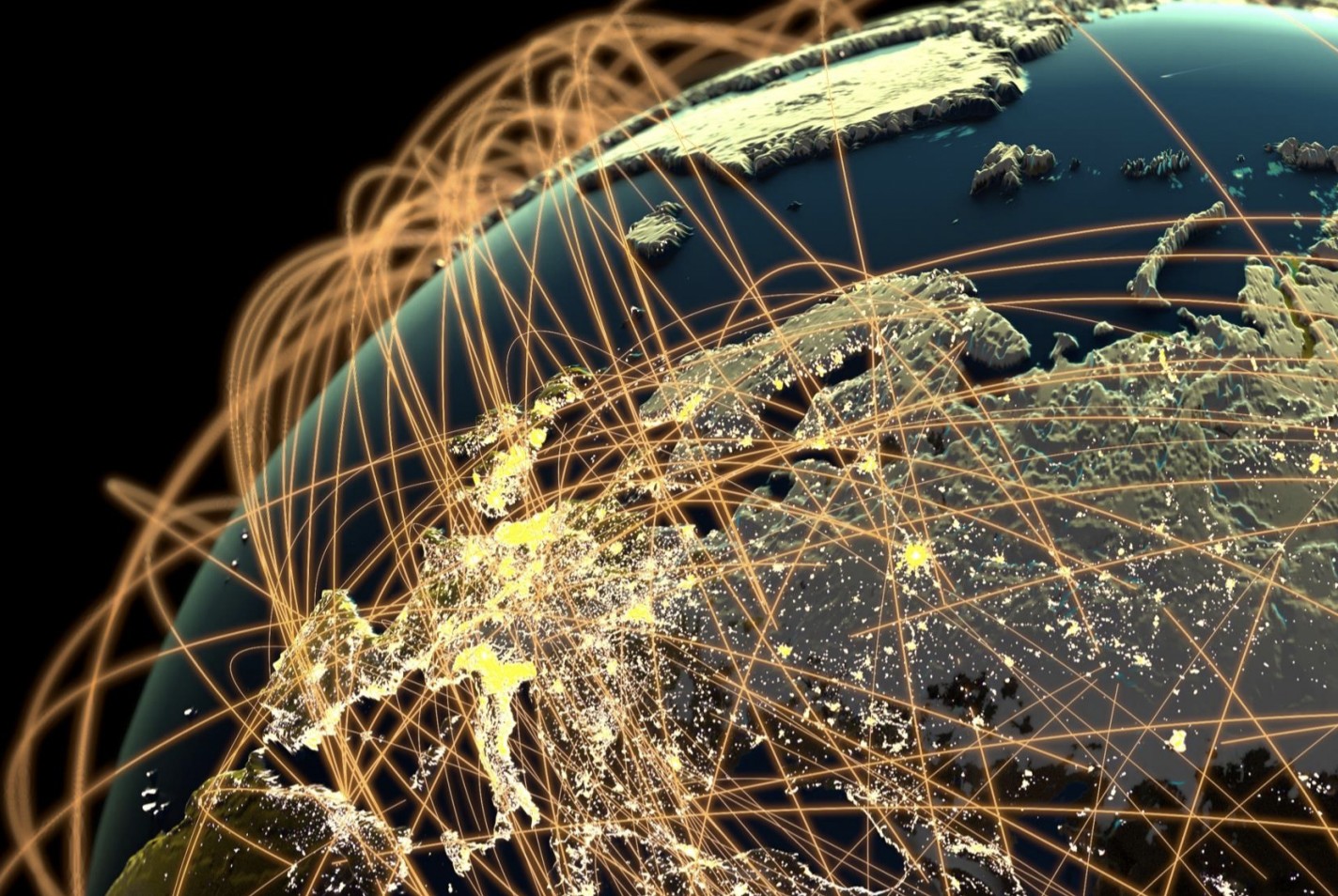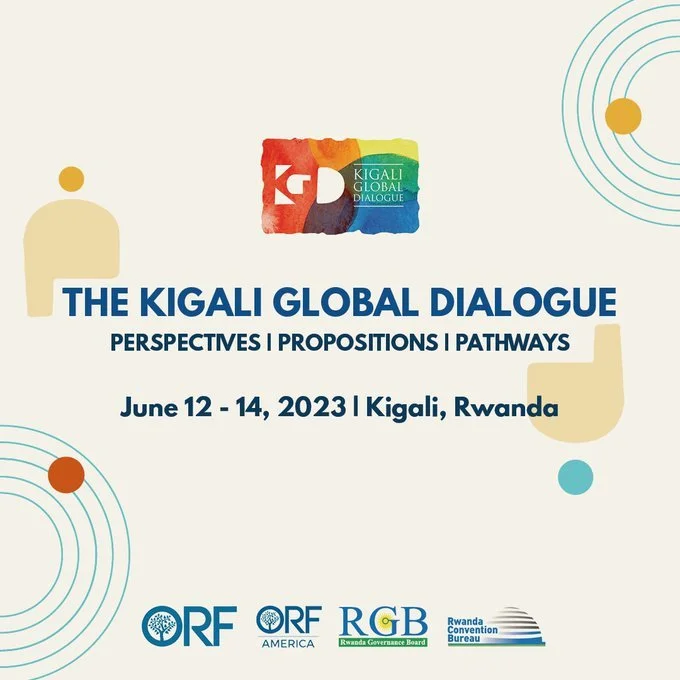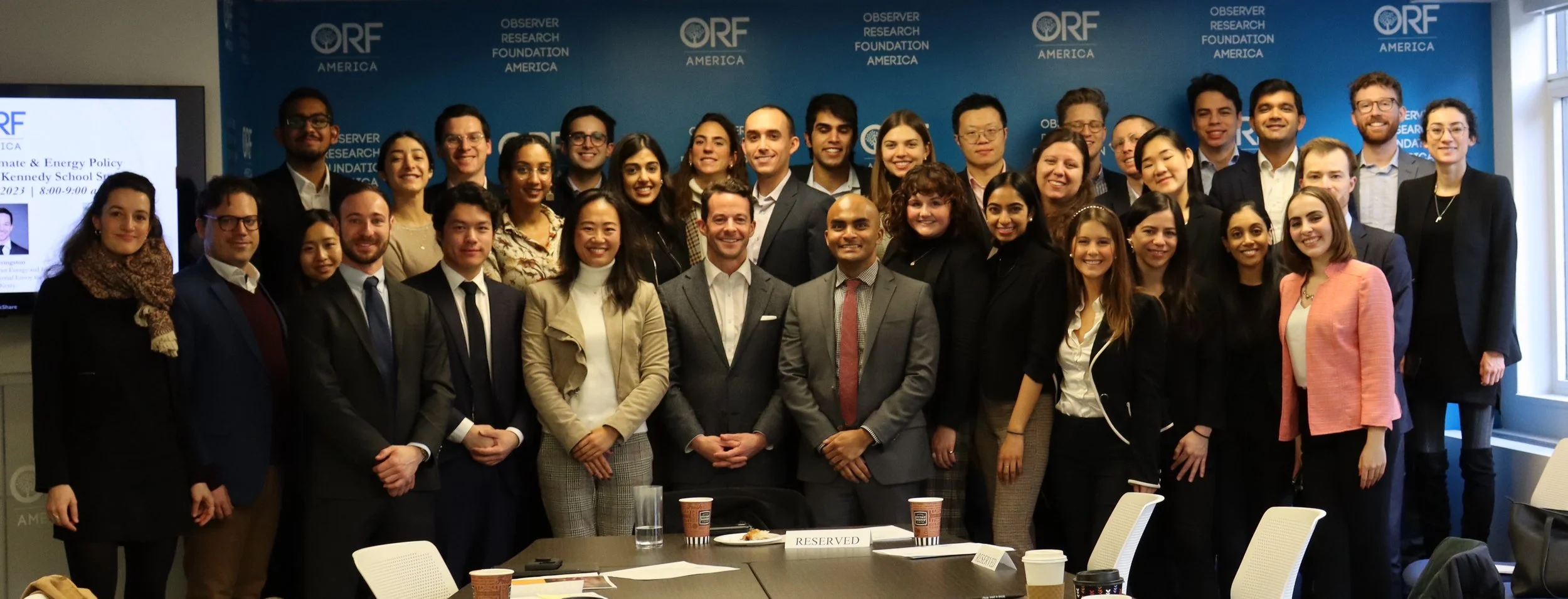Publications (2023)
By Andreas Kuehn & Alexandra Paulus
Governments and industry have become increasingly aware of the security risk that software supply chains can cause if not managed properly.
By Dhruva Jaishankar
The Global South thus represents a strategic opening for India, both to advance its own development objectives and the cause of multilateral institutional reform.
By Udaibir Das
While the world is preoccupied with the stability of the western banking system, China has been busy overhauling its financial regulatory architecture.
By Udaibir Das
The international discourse around the growth of the cryptoverse is divided.
By Sadiq Amini
Despite the deal’s deep flaws, the Biden administration should still insist that the remaining parts of the deal be implemented; namely, intra-Afghan negotiations and the termination of support for foreign terrorist groups.
By Dhruva Jaishankar
As the Ukraine war enters its second year, US efforts mark a good return on investment from the point of view of national security. But over the next year, further risks abound.
By Ammar Nainar
Drawing from a deep pool of military expertise, New Delhi is expanding its foreign affairs capacity.
Background Paper No. 12
By Gopal Nadadur & Dhruva Jaishankar
The focus of this issue of the U.S.-India Energy Monitor is hydrogen in the United States and India.
Special Report
By Shayak Sengupta, Medha Prasanna, and Peter Jarka-Sellers
By Anit Mukherjee, Alan Gelb, and Brian Webster
This study considers the experience of the mothers with the shift to mobile money, and to the change in payments service provider that took place in 2019, through a survey of recipients and a control group.
By Sadiq Amini
If China’s Afghanistan policy is anything to go by, it is clear that it is not yet ready to wear the title of regional power, much less global power.
By Sadiq Amini
Afghanistan’s history is filled with stories of collapse.
By Anit Mukherjee
Data is a challenge, but with imaginative incentives, metrics, and solutions such as an AgriStack, we can look forward to a new agricultural revolution over the coming decade.
By Anit Mukherjee, Alan Gelb, and Brian Webster
This study surveys the payment system from the perspective of recipients, including their views on convenience and the benefits from competition.
By Udaibir Das
Balance sheet risks have become more challenging and critical for resource-rich, low-income countries, especially in Africa.
By Sadiq Amini
In a way, the situation in Afghanistan serves as a microcosm of the status of the wider world.
Background Paper No. 18
By Dr. Andreas Kuehn, Debra Decker, and Kathryn Rauhut
By Shayak Sengupta and Abhinav Jindal
A close look at India's relationship to Just Energy Transition Partnerships.
By Dhruva Jaishankar
Nations including the US, Japan and India are preparing for a global economy characterised by gated globalisation, plurilateral or regional blocs, and competing industrial policies
By Udaibir Das
While the digitalisation of finance advances and the potential introduction of central bank digital currency might aid finance in Africa, it is not enough.
By Sadiq Amini
While the world is still figuring out the politics, the people are paying the price.
By Shayak Sengupta
Without concerted policy efforts to incorporate the eastern states into India’s renewable fold, the region risks being left behind in reaping the benefits of transition.
By Dhruva Jaishankar
Prague’s experience with Beijing also exposes the limitations and fragility of China’s global outreach
By Anit Mukherjee, Ubah Thomas Ubah, Brian Webster, Wendy Cunningham, and Georgina Marin
Using data from three countries, this paper finds that digital government-to-person (G2P) payments were effective in reaching urban informal sector beneficiaries quickly and safely during the COVID-19 crisis.
By Shayak Sengupta, Medha Prasanna and Peter Jarka-Sellers
The Agenda 2030 Partnership builds on nearly two decades of cooperation between the US and India on energy and climate issues.
By Shayak Sengupta and Sagatom Saha
The Inflation Reduction Act is Washington’s boldest climate policy ever—but still woefully insufficient.
By Dhruva Jaishankar
Economic, demographic, and commercial factors are driving India’s outreach. Advancing the Global South agenda may prove to be its enduring legacy
Background Paper No. 16
By Anit Mukherjee, Rajeesh Menon, and Yukti Sharma
By Dhruva Jaishankar
The world is facing enormous change in the decade ahead. And one of the key ones will be that alliances will be defined less by military treaties and more by choices on critical and emerging technologies.
Background Paper No. 15
By Shayak Sengupta
Background Paper No. 14
By Peter Jarka-Sellers and Shayak Sengupta
By Udaibir Das
The past 50 years have seen shifts in the global financial system’s behaviour. Major market crises, such as the 1997 Asian crisis and the 2008 financial crisis, have resulted in more robust financial policies focused on licensed entities.
By Anit Mukherjee, Yuko Okamura, Ugo Gentilini, Defne Gencer, Mohamed Almenfi, Adea Kryeziu, Miriam Montenegro, and Nithin Umapathi
Over the past several decades, as part of the evolving understanding of energy subsidy reforms, there has been growing recognition of the potential of targeted cash transfers to support the poor and vulnerable to help governments achieve desired policy outcomes at lower fiscal cost and in a sustainable manner.
By Shayak Sengupta, Neha Khanna, Casper Sonesson, Daniel Suryadarma, Aanandita Sikka, Edoardo Tancioni, Sagatom Saha, Budy Resosudarmo
Economywide decarbonization is essential for achieving the climate goals set in the Paris Agreement.
By Dhruva Jaishankar
A shared sense of challenges, deepening people-to-people and commercial links, and the diminishing relevance of prior obstacles such as Pakistan have paved the way for more meaningful India-US relations
By Andreas Kuehn and Trisha Ray
To examine the policies and their challenges, this chapter draws from in-depth, expert interviews with current and former government officials, trade associations, industry decision-makers, and technology experts, as well as a systematic document analysis of publicly available government and corporate documents.
Background Paper No. 13
By Udaibir Das, Anit Mukherjee, and Medha Prasanna
By Anit Mukherjee & José Barrera
The Raisina Dialogue held in New Delhi in March 2023 provided a forum where officials, academics, and leaders from around the world, including Latin America, met to discuss global governance issues.
By Shayak Sengupta, and Sagatom Saha
The era of green subsidies is shaping the transition to a cleaner future, but, absent global cooperation, developing countries risk being left behind.
By Dhruva Jaishankar
Taken together, this month’s summitry in the Indo-Pacific highlights some major stirrings to the international order.
By Anit Mukherjee, Laura Bermeo, Yuko Okamura, Jimmy Vulembera, and Paul Bance
This study looks in depth at Democratic Republic of the Congo’s (DRC) approach to delivering emergency cash transfers: the Solidarity through Economic Transfers Against the Poverty in Kinshasa (STEP-KIN) program.
By Shayak Sengupta
So far, the Biden administration has relied on a series of ad hoc agreements to deal with international reactions from the IRA, but it needs a proactive approach.
By Dhruva Jaishankar
While the latent power of the United States remains immense, its ability to translate that into outbound capital or technological partnerships requires cooperation with the private sector.












